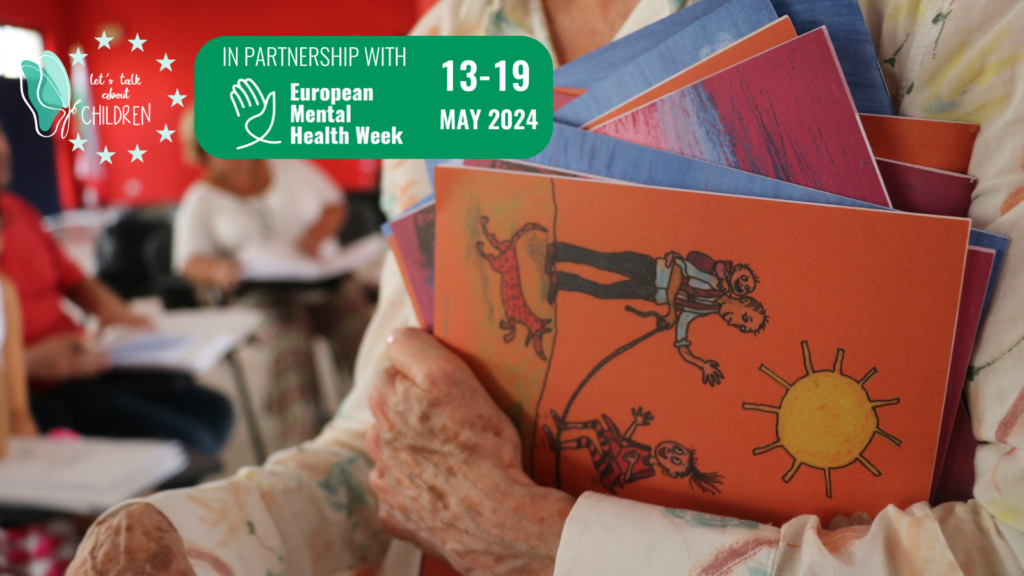Co-creating the future of Let’s Talk: Contatto Association and Niguarda Hospital, Italy
Let’s Talk About Children joins the European Mental Health Week 2024 with a series of blog posts focusing on co-creational aspects behind the LTC practice. Project partners answered the same questions to reflect upon similarities and differences in national approaches, to learn from each other and highlight the importance of co-creation in mental health practices.

What are the main goals that the Let’s Talk About Children project is trying to achieve regarding children’s mental health in Italy?
The main goals that Contatto Association and Niguarda Hospital are trying to achieve by taking part in the LTC project are:
- to raise awareness among citizens and institutions about the risk that the children of parents with a mental illness may develop a disorder themselves.
- to prevent and promote the children’s mental health supporting the families with the LTC method. In particular, working with the families in which a parent is being treated at a Mental Health Centre.
- to promote the LTC method in the Mental Health Departments of northern Italy training new LTC practitioners.
Can you provide a specific example of how the Let’s Talk About Children project in Italy engaged diverse stakeholders in collaborative processes?
For the Mental Health Day, we organised an event featuring the screening of a short movie, a storytelling performance and an exhibition of pictures of COPMI. This event allowed us to reach citizens and to talk about the COPMI topic with the aim of raising awareness and promoting good social practices.
The practitioners’ trainings are focused on connecting professionals who work in the Mental Health Departments with the families that will benefit from the implementation of the LTC approach. It’s of pivotal importance that the professionals and the families create a dialogue to find together the best solutions to support the children’s mental health and well-being.
What have you learnt from the different people and stakeholders you interacted with in this first part of the Let’s Talk About Children project?
In this first part of the LTC project, we learned the importance of changing the approach to mental health care. After talking to the people directly involved in the project, we realized that we needed to shift our point of view on care from pathology to the family’s resources. Families must be supported – especially when they face any sort of crisis, like mental health problems – so that they recognize and improve their strengths. This allows the development of family resilience, which is an essential tool with which to challenge mental health issues and prevent them from transgenerational transmission.
Prevention of mental health problems in children and adolescents is still an overlooked topic in Italy, but when it is discussed in a safe environment, families, mental health workers and stakeholders show a big interest. Parents feel recognized as having an extremely important role in their lives; mental health workers feel more effective in the alliance with their clients; stakeholders can understand the positive economic impact that prevention can have on future generations.
How can the LTC method promote an approach to mental health where everyone’s voice is given equal attention, respect, and value?
In the LTC project, parents are considered the experts of their child, and their point of view is very important to make decisions for the family or to implement some changes. Starting off from this point, parents and mental health workers have equal and symmetrical roles where parents know their children the best and the mental health worker is the expert in mental health. Both of them are important in the path of care, and in this way, the client is directly involved in the attempt to pursue greater individual and family well-being. Therefore, this approach, at its core, gives voice to all its participants (patients, partners, children, professionals) in a collaborative way to consider mental health support.
